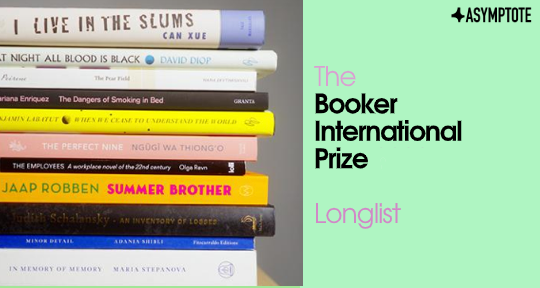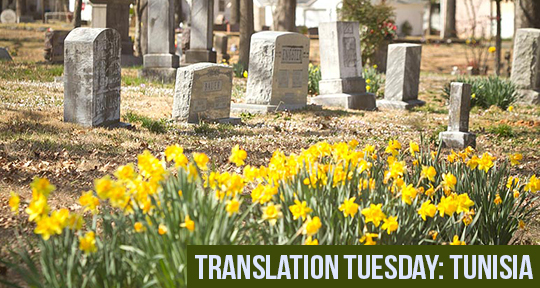Introducing Anglophone readers to the young Syrian responsible for some of the most beloved stories from the Thousand and One Nights, The Book of Travels is Ḥannā Diyāb’s remarkable first-person account of his travels as a young man from his hometown of Aleppo to the court of Versailles and back again and we are thrilled to partner with Library of Arabic Literature and NYU Press to present an excerpt of its debut in English today. Diyāb, a Maronite Christian, served as a guide and interpreter for the French naturalist and antiquarian Paul Lucas. Between 1706 and 1716, Diyāb and Lucas traveled through Syria, Cyprus, Egypt, Tripolitania, Tunis, Italy, and France. In Paris, Ḥannā Diyāb met Antoine Galland, who added to his wildly popular translation of the Thousand and One Nights several tales related by Diyāb, including “Aladdin” and “Ali Baba and the Forty Thieves.” When Lucas failed to make good on his promise of a position for Diyāb at Louis XIV’s Royal Library, Diyāb returned to Aleppo. In his old age, he wrote this engaging account of his youthful adventures, from capture by pirates in the Mediterranean to quack medicine and near-death experiences. In the following excerpt, Diyāb recounts what happened when he arrived at the court of Versailles and met King Louis XIV for the first time.
As we approached the king’s palace, I could see that there was a vast open space before it, surrounded by an iron fence as tall as a man with his arm outstretched, and topped with points as sharp as spears. At the center was a gate that opened onto the space, flanked by tall soldiers carrying battle-axes and spears, and snarling like panthers. They allowed no one to pass except those they recognized to be known at court. When we approached the gate, the soldiers tried to turn us away, but my master gave them a password and they let us through.
We entered the square and walked across it to the gates of the king’s palace. There were soldiers there just like the ones we’d seen earlier, along with a seated chamberlain wearing an ornate uniform. He was a handsome man of dignified bearing, attended by a group of servants. When my master stepped forward and introduced himself, the man welcomed him in most cordially. We climbed a grand set of stone stairs, then headed to the pavilion of the minister known as Pontchartrain, who was minister for the Orient. We received permission to enter, and presented ourselves before His Excellency the minister, accompanied by the chamberlain.
My master bowed ceremoniously and announced that he’d returned safely to Paris from his voyage. He presented the minister with an inventory of the seven trunks’ worth of goods he had purchased for His Majesty the king during his travels. The minister read the inventory and repeated his greetings, congratulating my master on returning home safely despite all the frightful things he’d surely encountered during his voyage. I stood at some distance from the two men, holding the cage with the animals inside. The minister spotted me.
“Who’s that, and what’s he carrying?” he asked my master.
“This young man served as my dragoman during the voyage,” he replied. READ MORE…











